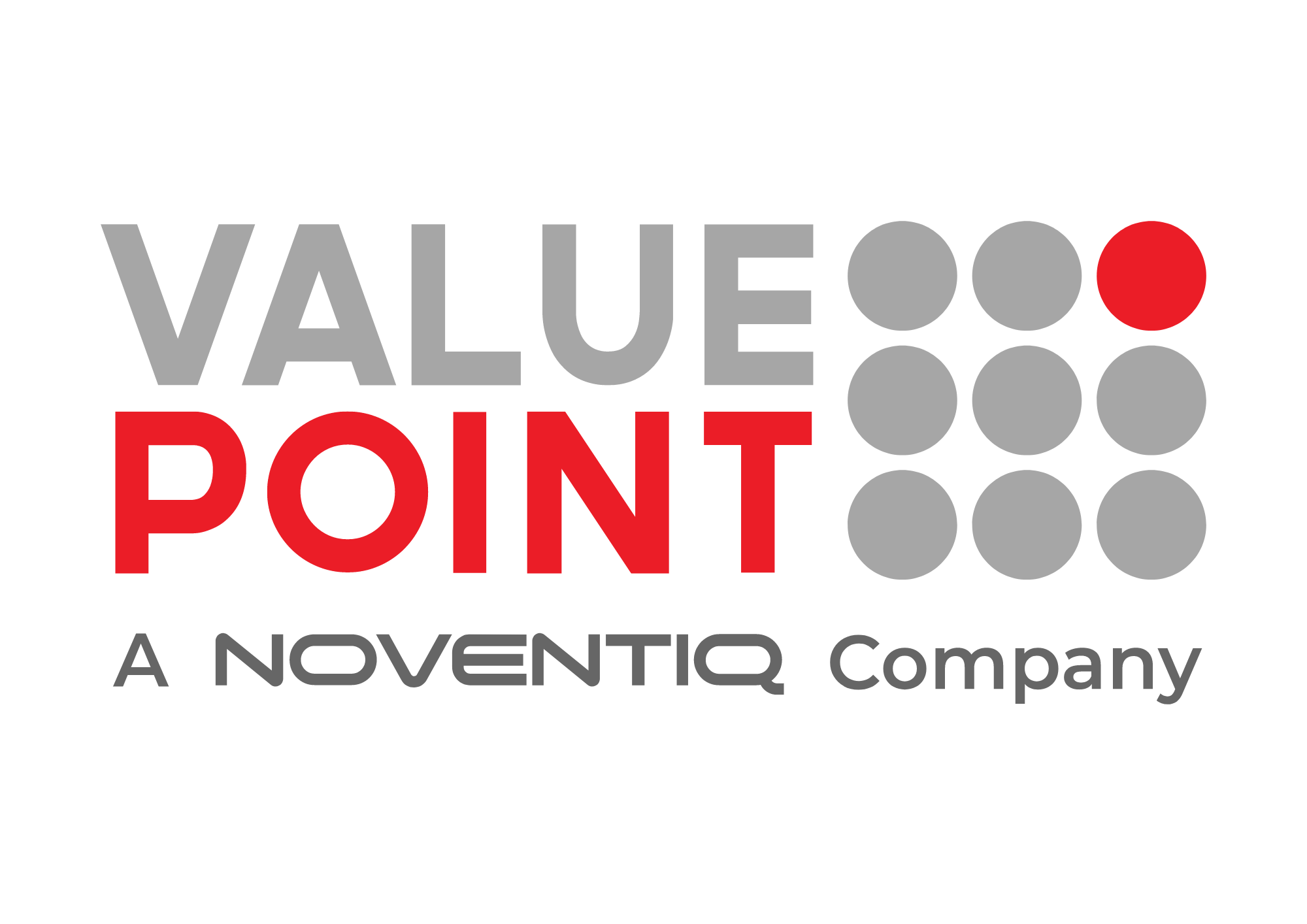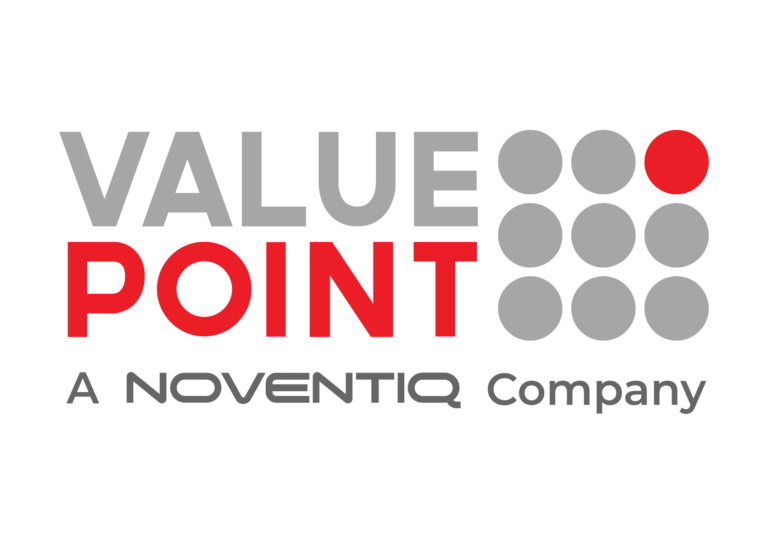Data Center Design & Build
Data Center Design Architecture and build Experts
Free Consultation
Data Center Design Architecture and build Experts
Value Point Systems is one of the most credible and is an established data center design partner with consistent performance, latest advancements, and customer success since the last three decades.
Living in an online world, an important aspect of businesses is focusing on development. The process of modeling and developing a data center’s IT resources, architecture layout, and overall infrastructure is known as data center design. It allows for the logical design of a data center before it is developed or implemented in an enterprise or IT environment.
It could be in the form of files, modeled graphical systems, or a mix of both, even though data center is a wide word that encompasses a variety of procedures and methodologies.
This can be securely maintained by some of the best data center design partners like Value Point Systems, owing to the quick series of solutions offered by professionals.
Floorspace Setup for Growth
It is much less expensive to build what you need now than to try to perform a renovation in a few years.
Optimize Data Center Cooling
Energy-intensive, air conditioning units will be able to keep a data center at the precise temperature you need.
Smart Data Center Airflow Management
Planning where the cool air will come in and where the warm air will exit is critical.
Data Center Design Architecture and Build Services
In today’s hyper-connected business world driven by technology, a company’s smooth functioning is the responsibility of the IT department in which data centres play a crucial role. Though seemingly unglamourous and unduly complicated, data centres are the backbone of IT infrastructure, dedicated spaces where data is gathered, organized, processed, disseminated, preserved and protected.
Data centre design when properly executed results in creating and maintaining a highly efficient data centre, which can house servers and other IT equipment far into the future. The objective of designing a data centre revolves around the complete utilization of IT resources to achieve lower operational costs, consistent uptime, improved performance, energy efficiency, maximum ROI, improved sales, further expansion and growth and reduced environmental impact.

Design & Build Resilient data center
To build, run and sustain an efficient data center, we provide:
- Modular Infrastructure – flexible and scalable rack and cabinet solutions to manage high server rack density and cabinet density that will effectively accommodate future needs
- Optimal Space Management – Careful layout and design of the server rack and cabinet infrastructure to ensure that density is maximised
- Innovative power and cooling solutions –Superior backup supply and cooling methods to prevent data centre outages, hardware failure and out-of-control costs
- Safety and surveillance – Futuristic physical security measures, including enclosed server racks and access control to ensure data is secure
- Smoke detector, fire alarming, Water leakage preventing, and rodent repellent systems – Effective systems to prevent any unexpected and unfortunate incidents
- Fire-rated metal doors, False flooring, False ceiling, Fire resistant painting, Anti-static PVC vinyl flooring among others
Design and Build Process
Strategy
We have the technical expertise and industry experience to strategize and deploy Data Center programs that meet regional and international regulatory standards.
Planning
When designing any Data Center, we apply a systematic approach. We also provide budgeting and project assessment services.
Development
We specialise in design and building data centres that optimise your data and energy infrastructure for increased operating efficiency, reinforce security, and assure future progression.
Compliance Check
Every installation within the Data center will be checked and verified, and when necessary, compliance will be achieved.
Data Center Design and Build
Legendary Support
Our dedicated and experienced team is well equipped to perform a comprehensive assessment of both you current and anticipated future needs in terms of Data Centre Infrastructure Management (DCIM). Taking into account, rapidly evolving technology, we formulate effective DCIM strategies for your design.
What Is Data Center Design?
At its most basic level, a data center is a physical location where businesses keep their mission-critical programs and data. A data center design is built on a network of computer and storage resources to deliver pooled applications and data. Routers, servers, switches, gateways, storage systems, hosts, and application-delivery controllers are important components of a data center design.
System architects construct a recorded and diagrammatic, logical vision of a data center during data center design, which is the most important design step of data center development. It’s usually a lengthy procedure that considers all of a data center’s critical computational and non-computational characteristics.
Why Do Businesses Need Data Center Design?
Datacenter design has become the industrial world’s powerhouse as technology has advanced. However, just as technology is always improving, so is the way businesses operate.
This influences the amount of data and power required. A growth in resource demand might be too high for many firms to effectively handle their current infrastructure. To keep up with such high demand, the corporation may have to devote time and resources. Such businesses might outsource their electricity demands by using data centers.
Organizations profit from a data center in a variety of ways. This may be extremely beneficial to businesses since they can focus on their customer goals rather than technology upkeep.
Advantages of crafting perfect Data Center Design
Data Center Design partners have seen an increase in demand and competition, bringing the advantage of the best service to the table for businesses. Value Point Systems offer a unique set of much-essential advantages, from implementing and maintaining a well-authorized, constantly monitored, and advanced network security software.
Conserving Power
Servers that are kept on-site are more prone to broadband problems. Due to technical and natural power interruptions, this can cause havoc on businesses. Instead of focusing on technology upkeep, companies that outsource data potentially reduce the effect of a power outage or other calamity. If data loss occurs due to these power outages, it may become incurable.
Value Point Systems offers a robust design and private cloud services that can aid in conserving power.
Reliable and Secure Data Storage
The number of cyber-attacks on businesses has grown, escalating the challenges and dangers of data loss. Data centers may promise a far more secure data storing alternative than previous approaches. Storage systems, as well as servers, have all been shrunk. In the event of a breakdown or malfunction, data centers serve as a dependable storage facility that eliminates the flaws of portable technology.
Cost Management
An effective data center design can eliminate a percentage of power loss by using a technology that can endure poor power circumstances. Generators and shock suppressors aren’t faring any better, as they use a lot of energy to keep running.
These components, which are sometimes critical to the business, are not resistant to electrical disruptions, which adds to the cost of electricity. The cost of electricity and cooling has risen in recent years. The data center’s managers ensure availability and lower power costs, making it profitable for businesses.
Increasing Productivity
Value Point Systems abides with stringent protocols and monitoring systems to reduce the uncertainty surrounding power levels.
Furthermore, companies may have their power supply, but utility electricity isn’t always reliable. As a result, the central hub is supplied by public utilities. Several enterprises use the same power grid, which causes IT services to slow down. Because data centers privatize power, these businesses will realize their technical speed and functionality benefits. This guarantees that only one business is connected to a power source at any given time.
Disaster Recovery
Any organization’s worst dread is data loss. Thanks to our customized and/or private cloud-based data center design, data are constantly available with speedy backup. Such data centers provide rapid data recovery in various emergencies, including natural catastrophes and power outages. All data will be kept locally, on office PCs, if businesses choose the traditional on-premises strategy.
Value Point Systems recognizes that computers can fail despite attempts for various causes, ranging from malware assaults to hardware degeneration. Enterprises that move their data to the cloud using our private service, on the other hand, may access it from any computer connected to the internet.
Accessibility and Availability
A private, customized data center is easily accessible via cellphones and gadgets with security credentials to enable the remote working paradigm. The saved data may be accessed, restored, or processed with only a few clicks.
This allows workers to work on the move, 24 hours a day, 7 days a week, on any device, from anywhere globally, as long as they are connected to the net. Furthermore, the service providers perform all upgrades and updates in a custom data center design automatically and off-site. This reduces the strain of the IT team by saving time and collective effort in managing the systems.
Scalability
In a typical data center, businesses must prepare ahead of time to acquire the necessary gear. This limits the ability to adjust to changes in workload. A private data center is perfect for enterprises with variable or rising bandwidth requirements. They enable organizations to expand capacity in response to rising demand without spending heavily on physical infrastructure. Businesses with this degree of adaptability can gain a significant competitive advantage.
Data Center Design Tiers and Components
Value Point System, one of the best data center design partners, offers several services that help keep up with newer advancements while providing the best service.
Datacenter tiers are a defined grading system that demonstrates data center infrastructure resilience. This categorization assigns a score from 1 to 4, where 1 indicates the lowest and 4 is the highest. This tiered structure provides an objective perspective of how a data center functions. However, because assigning a tier is optional, not all data centers have one.
- Tier 1 is a data center with only one power and cooling line and no backup systems.
- Tier 2 is a data center having a single power and cooling channel and backup and redundant components.
- Tier 3 is a data center with numerous power and cooling pathways and redundant services that allow employees to operate on the system without shutting it down.
- Tier 4 is an entirely fault-tolerant data center and has redundancy in every component.
The four data center layers are arranged progressively. Each level contains the standards of the lower ranks, and data centers can rise rapidly or reduce the ratings.
Some of the common components used in a data center design include:
- Racks: All of the IT hardware in a data center is housed on standardized 19-inch racks. Various computer, storage, and networking devices will be installed in these racks.
- Flooring: A elevated floor will be installed in an effective design. A raised floor is a man-made floor usually made of tiled floors placed on pedestals. Engineers can remove the floor tiles and obtain access to the space between both the raised flooring and the solid flooring underneath by removing them. This empty floor is frequently utilized to route network and power cables and channel cold air.
- Rows: Racks are arranged in rows in a robust data center design. Racks may be readily located by specifying their row and also the rack position in this manner.
- Power: Electricity is the most crucial component in keeping a data center up and operating. The servers, storage, and networking equipment aren’t the only things that consume energy. HVAC (heating, ventilation, and air conditioning) systems use a lot of electricity. Modern data centers consume enormous quantities of electricity and frequently have emergency power on-site to supply power in the case of a power outage.
- Cooling: Another major element of a data center design is cooling, which keeps the IT hardware cool and operational. Modern IT equipment produces a lot of heat, so it will break down if it’s not kept cold. The expense of keeping the data center cool may be dramatically minimized by separating the hot and cold air.
- Structured Cabling: Cabling is an important part of every proper data center. But when structured cabling is considered, don’t take shortcuts; instead, develop and build a cable system that will grow well and meet the demands of your data center in 10 years.
How Can Data Center Design Partners Help Companies
Value Point System pays attention to important details regarding your data center design. Value Point Systems is one of the certified partners that use a combination of techniques by implementing different types of effective design.
Among several partners, Value point Systems has the upper hand due to the benefits of scalable, reliable, and secure global design infrastructure.
Traditional network architectures will not be able to meet the information demands of your company for a long time. Conventional network infrastructure can handle massive volumes of data, but when additional materials and end-user interfaces are added and the network’s resources are overloaded, the system gets strained.
Workflow cannot work properly if the connection is hindered by excessive usage, and network managers have trouble managing the increasingly complex system structure. At this stage, it’s a good idea to have a data center built for your company. This sophisticated computational operation center can manage orders of magnitude more resource requirements than a typical commercial network.
Thanks to high-tech components, information can be stored, retrieved, and calculated at breakneck speeds. Because of a data center’s capacity to manage enormous volumes of data, the workflow will proceed at a rapid pace.
Why Choose Value Point Systems As Your Data Center Design Partner?
When you’re ready for a data center and work with Value Point Systems, we’ll send a team to your company to examine your current infrastructure and determine which data center model is best for you.
Then we construct a customized design that fulfills all of your present requirements while also allowing for future expansion. The data center components will be procured and then meticulously placed according to a timetable so that you can track the data center design schedule.
Our professionals at Value Point Systems provide the training required to inform your personnel about the operation of your new data center once it has been installed and brought online. You may also get a full maintenance plan from us, which ensures that we’ll be available to assist you if something goes wrong. Regular maintenance is an important aspect of any data center design, and working with us to guarantee this is a smart idea.
Our solutions include:
- Hyper-Converged Infrastructure
- Software-Defined Storage
- High-Performance Blades
- Virtual Desktop Infrastructure
- All-Flash Storage
- Remote Applications Access
- DR & Backup Solution’
- Kubernetes & Containers
- Private Cloud Solutions and much more!
Next Step?
With over 70 technical certifications, Value Point Systems is a trusted and experienced data center partner with 30 years of professional experience and a happy client base. Get a custom data center plan for your business with us today.

